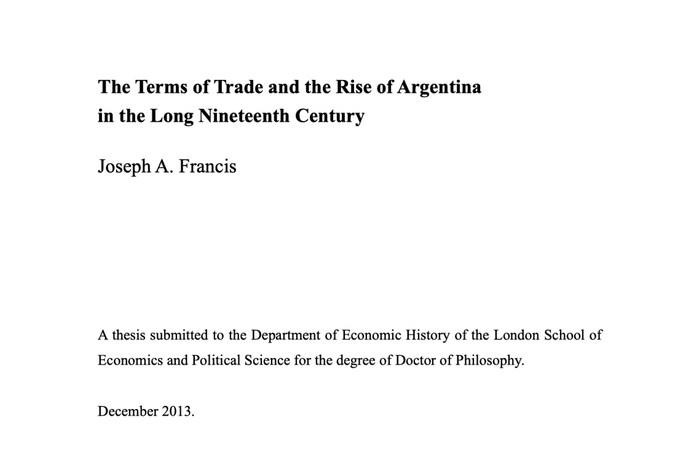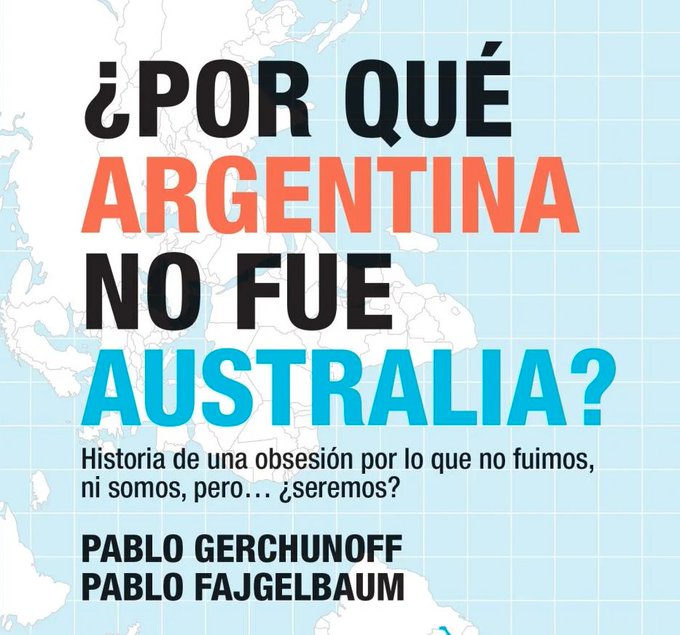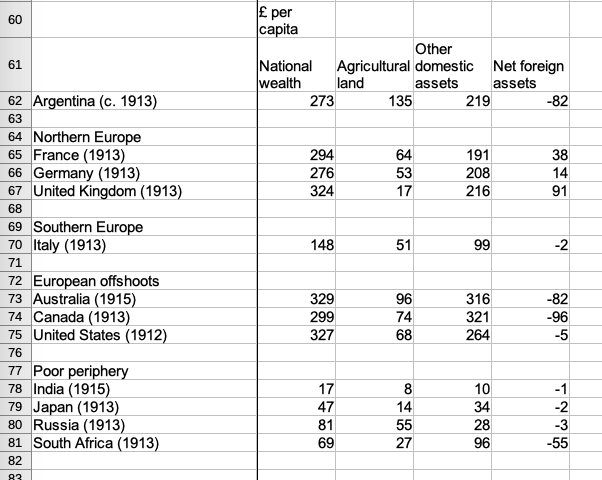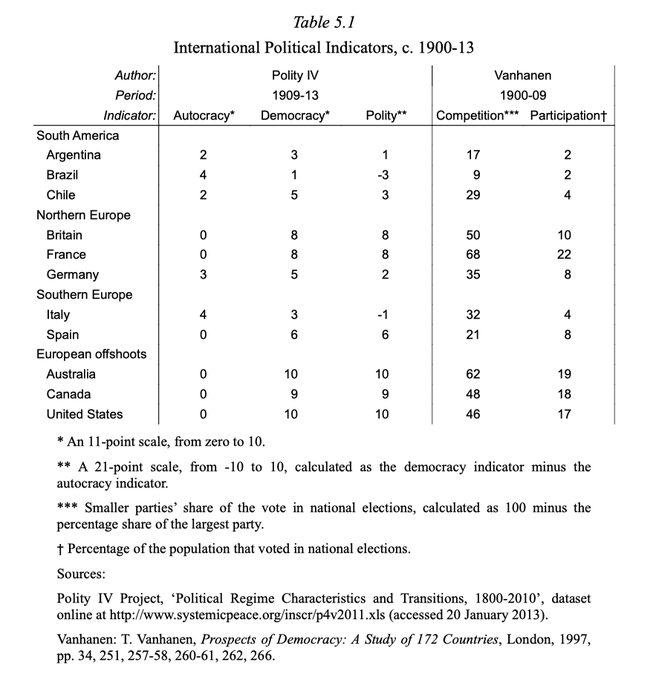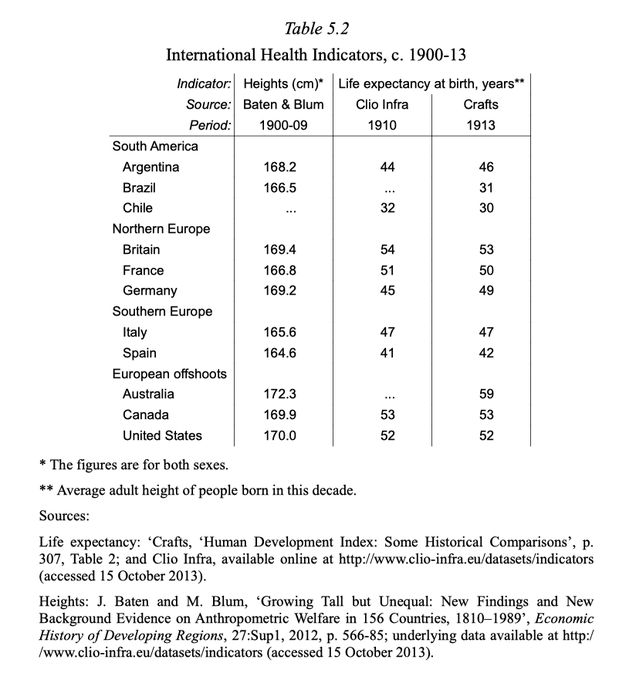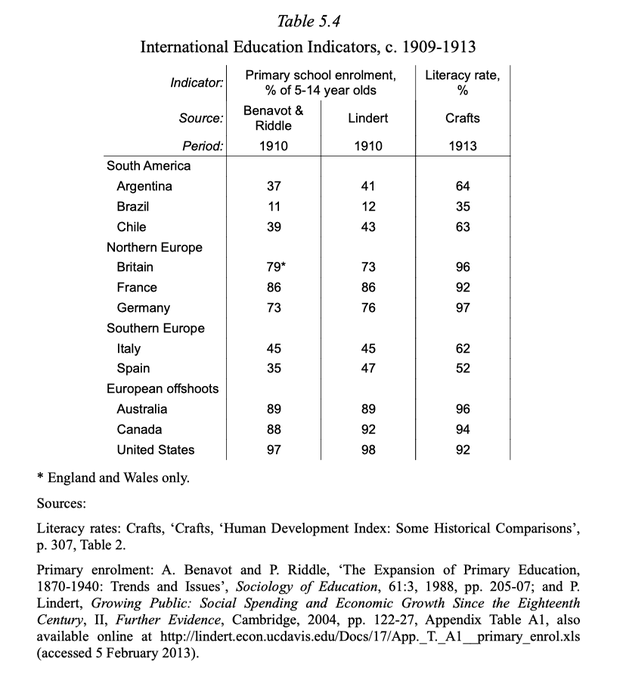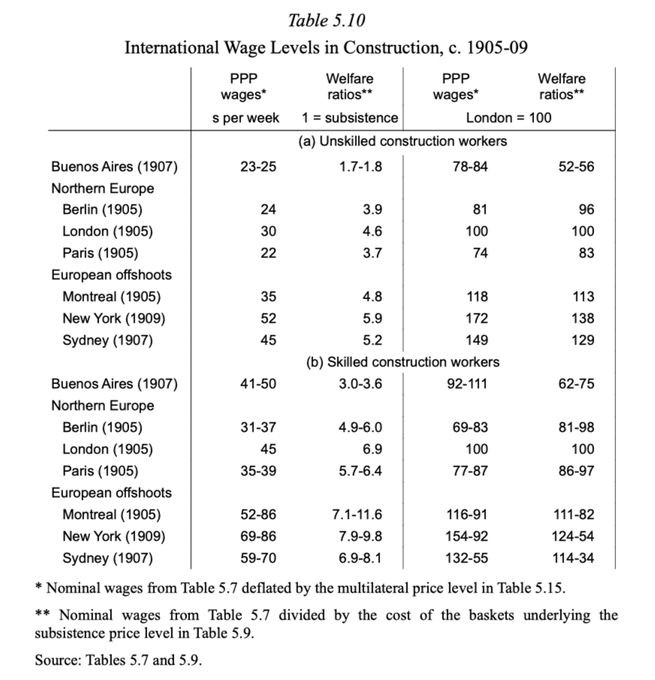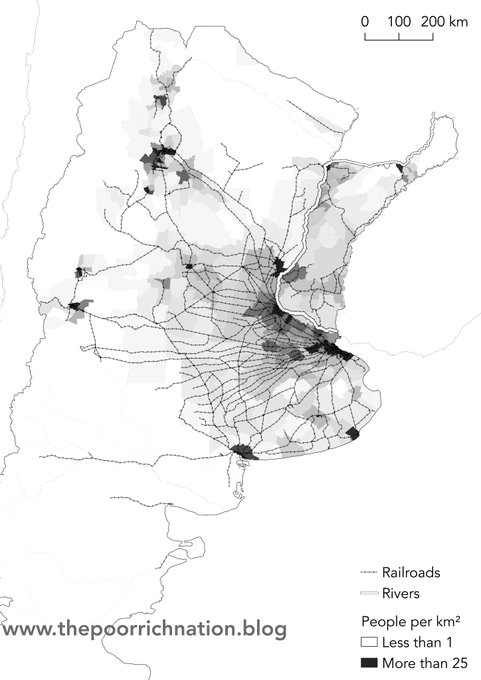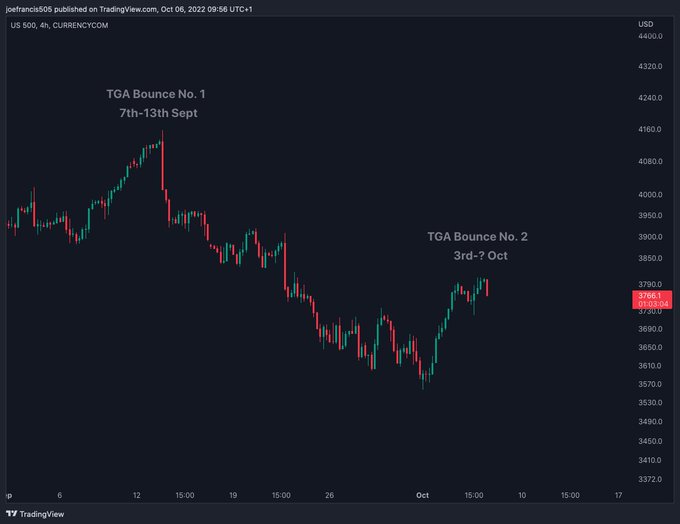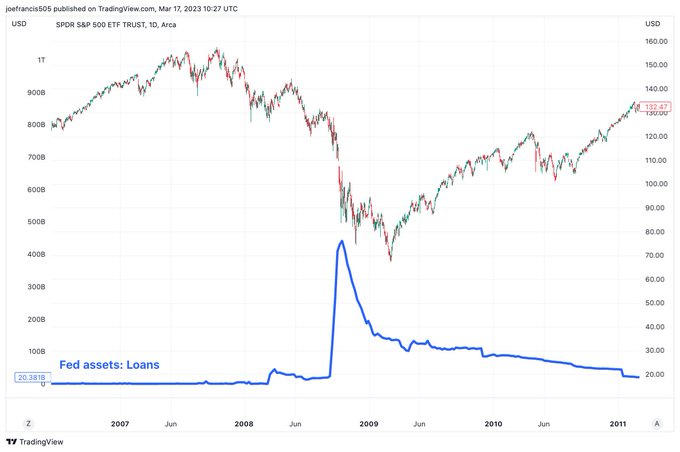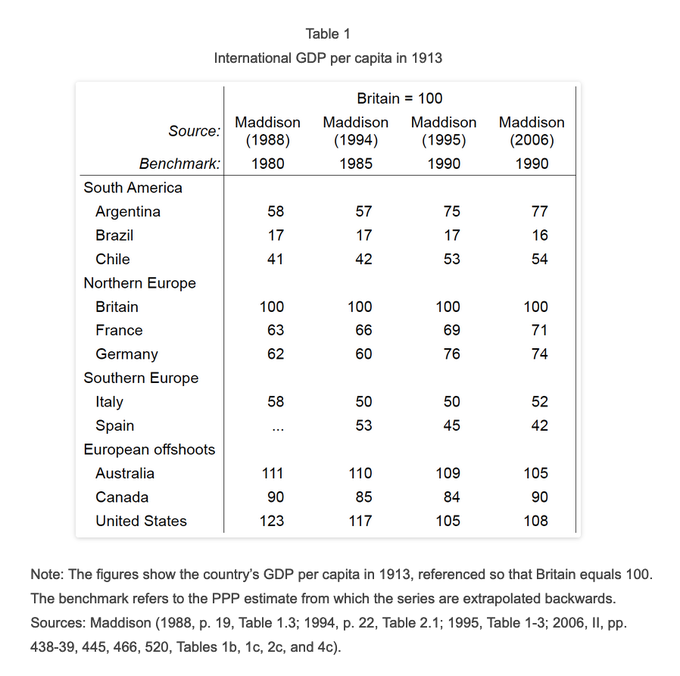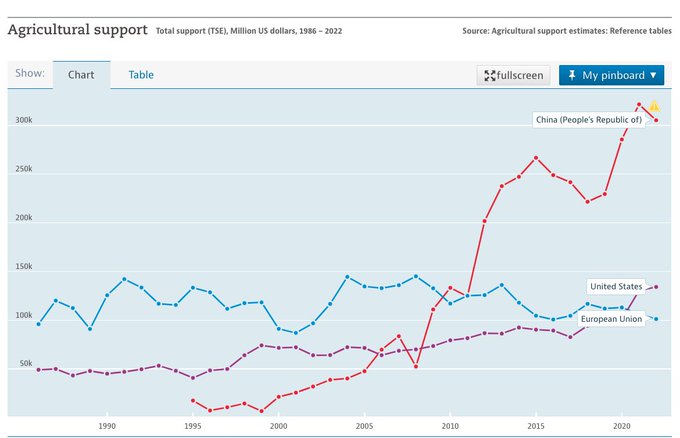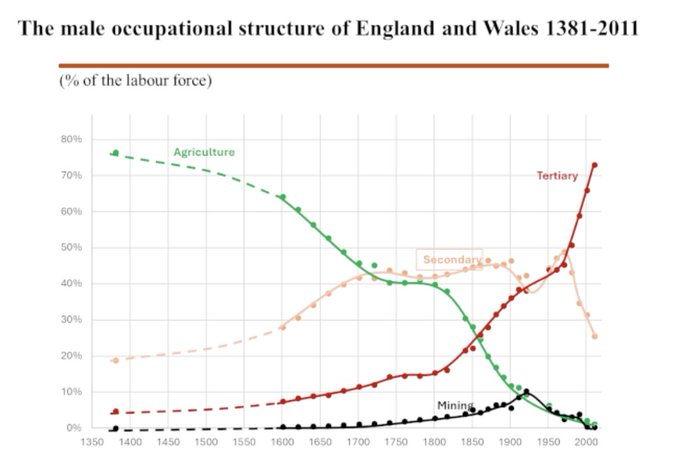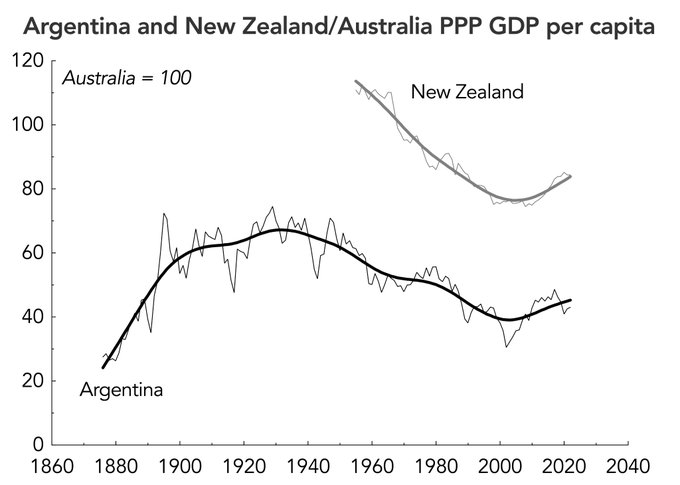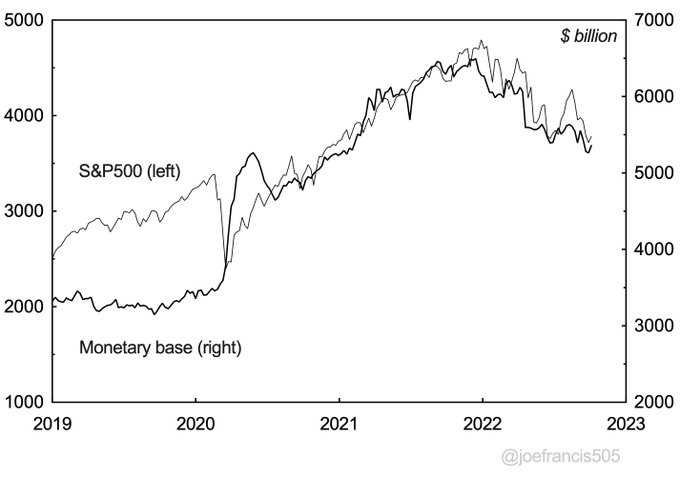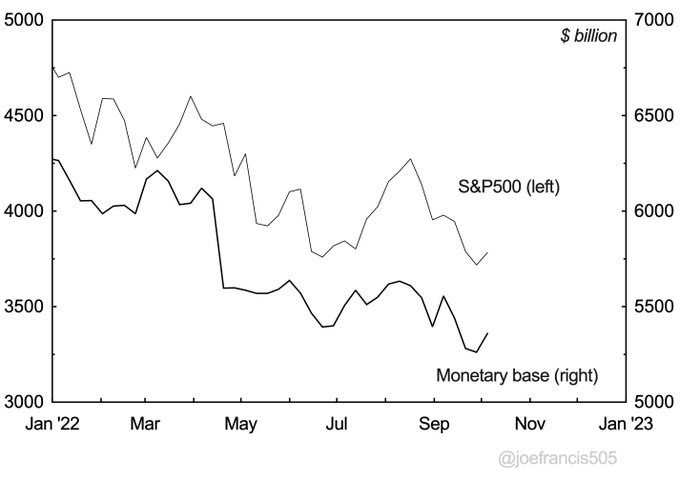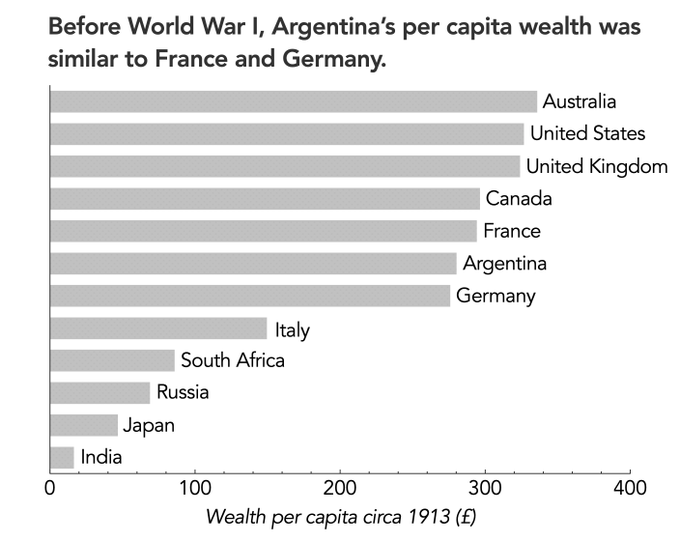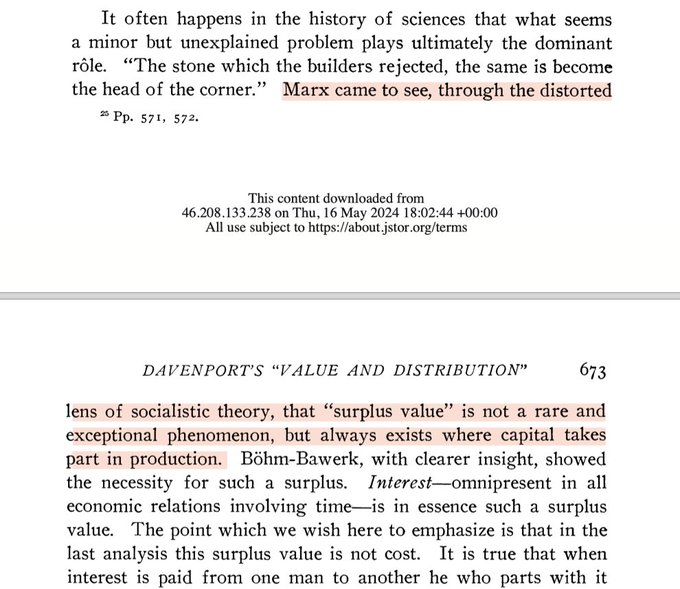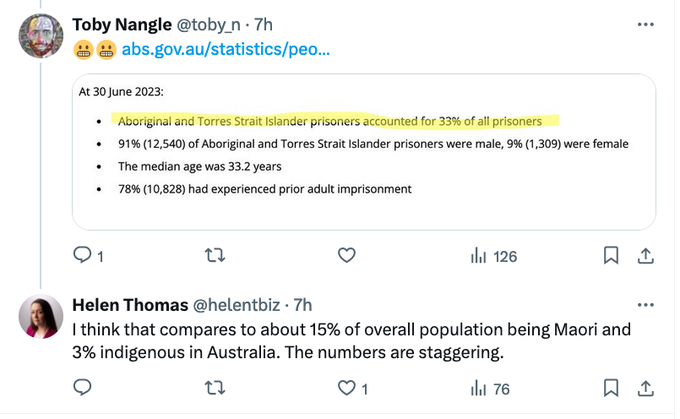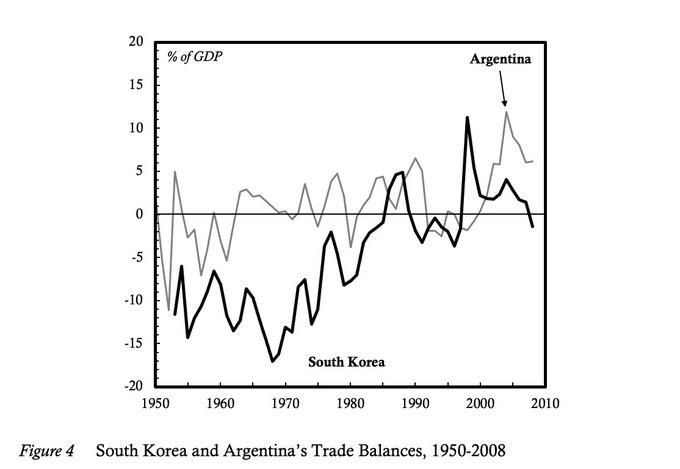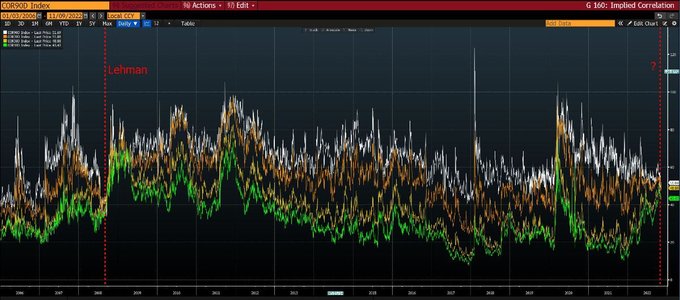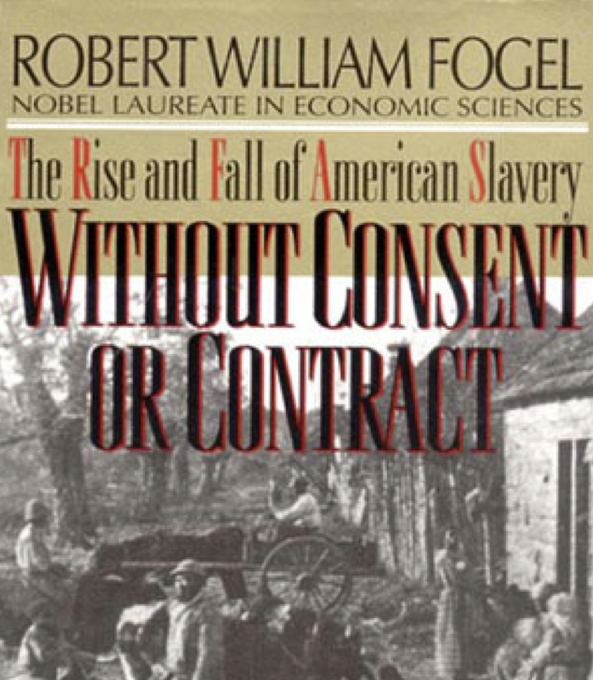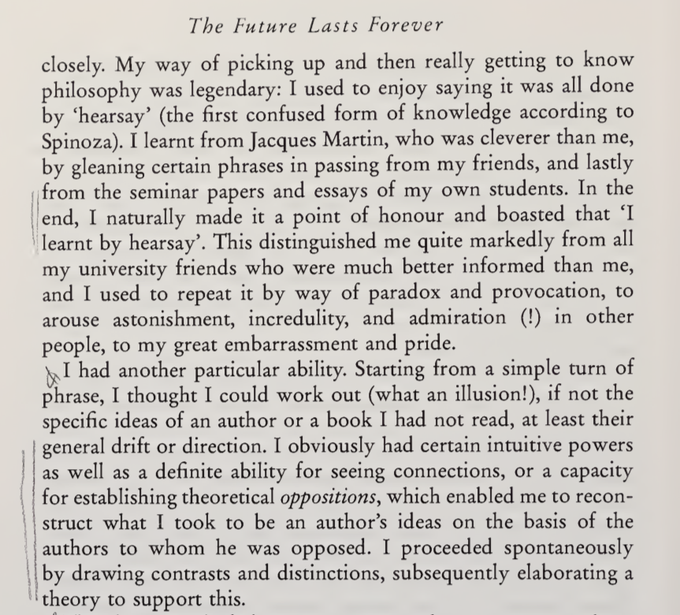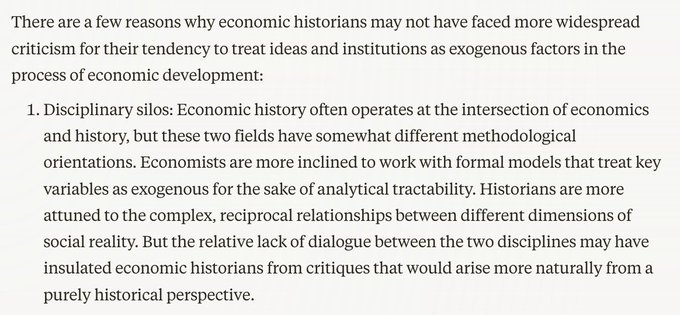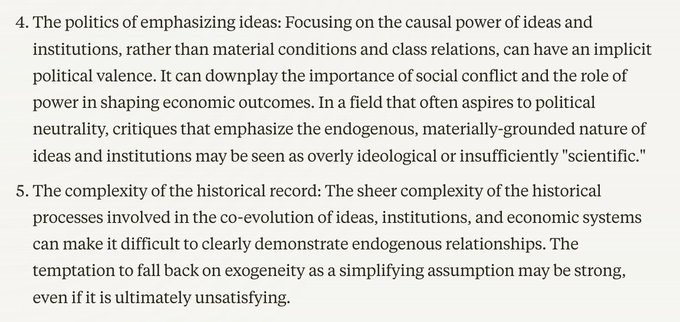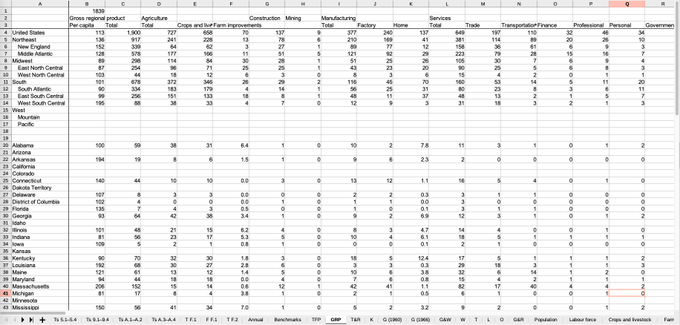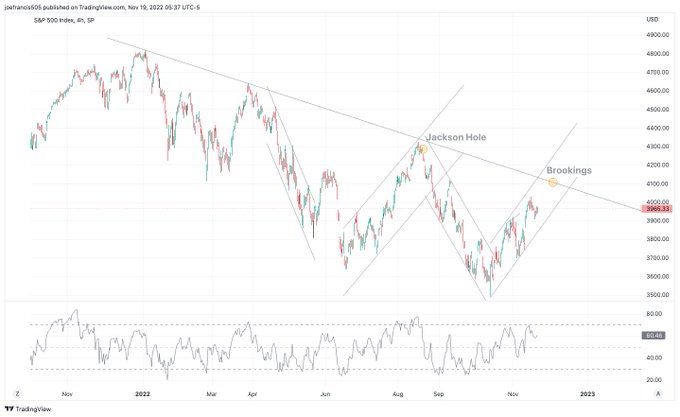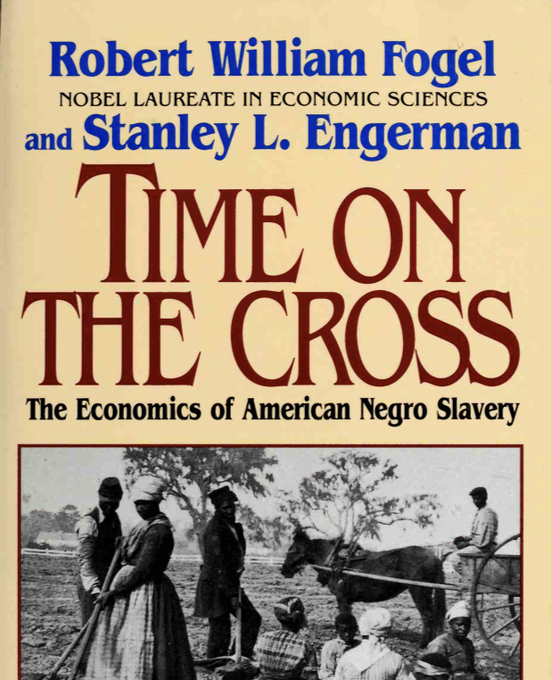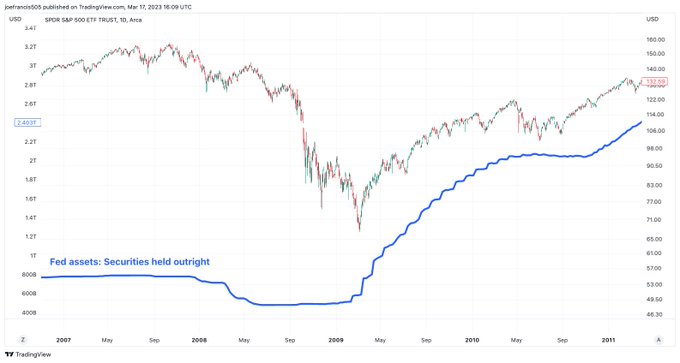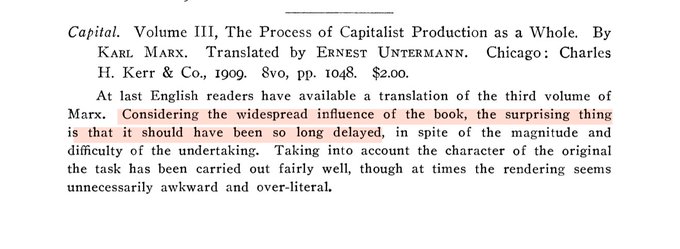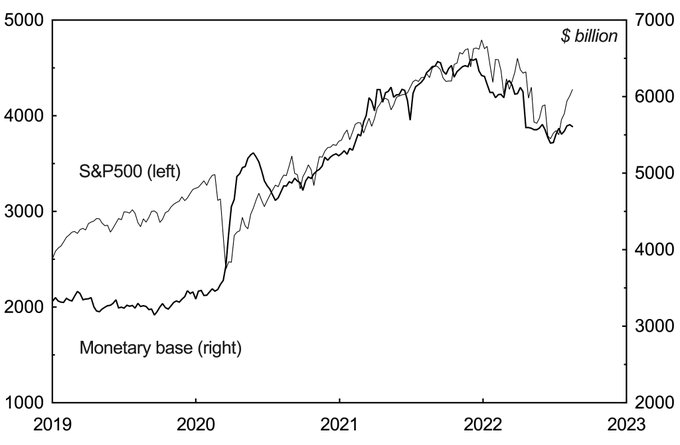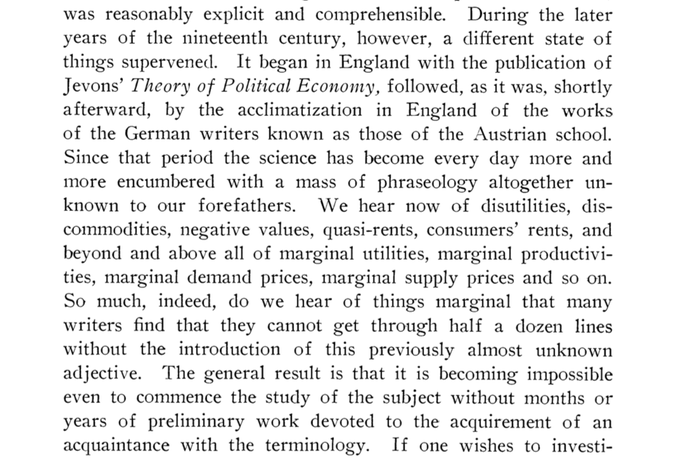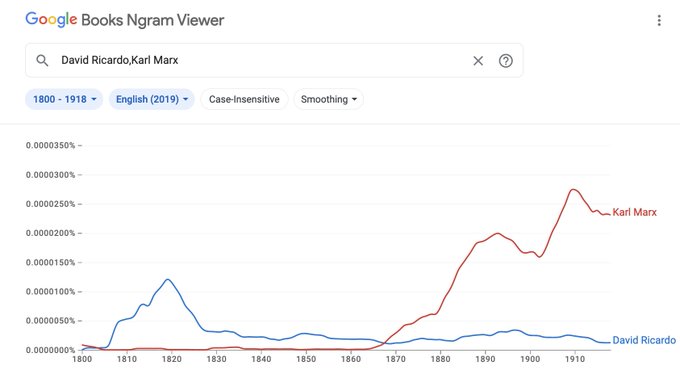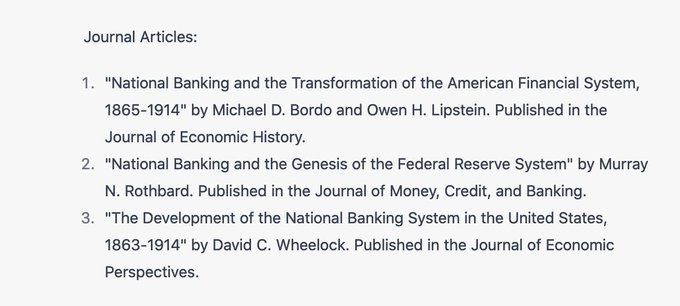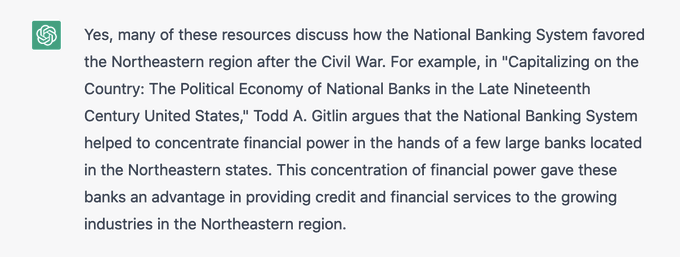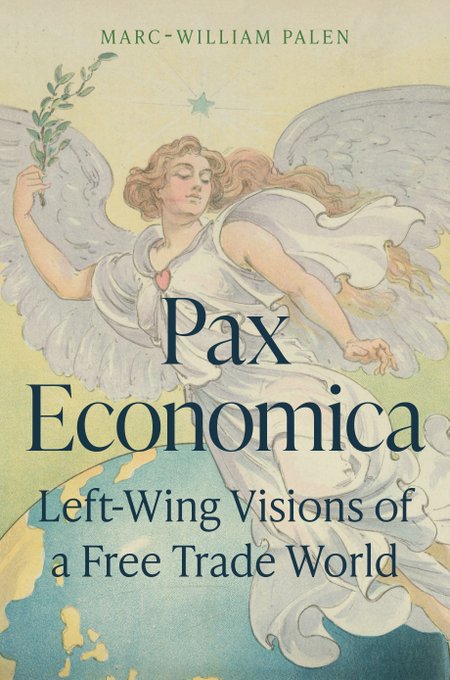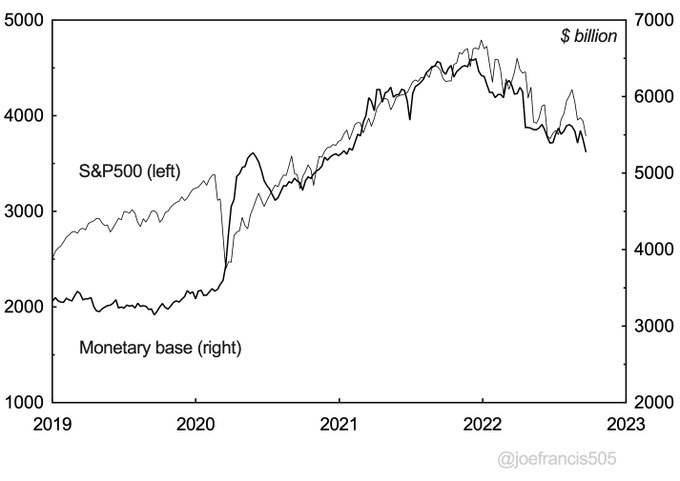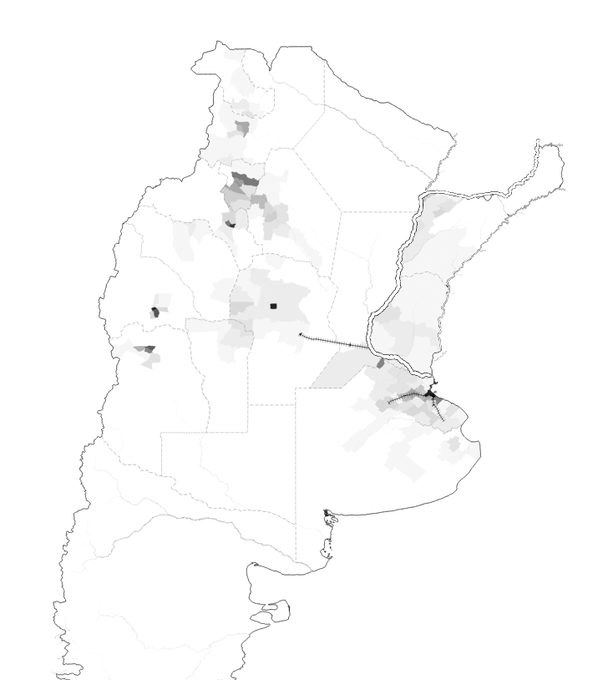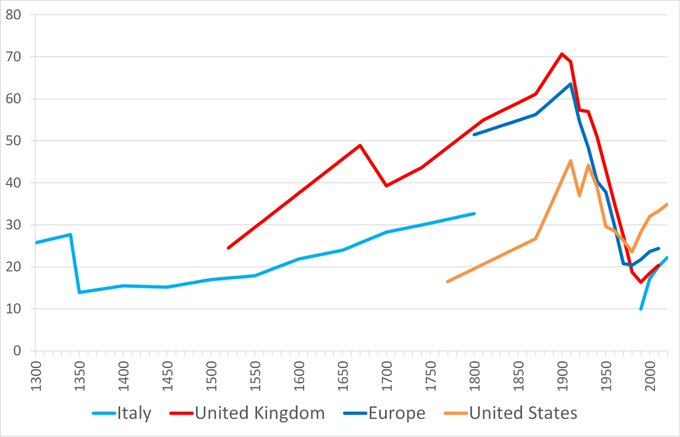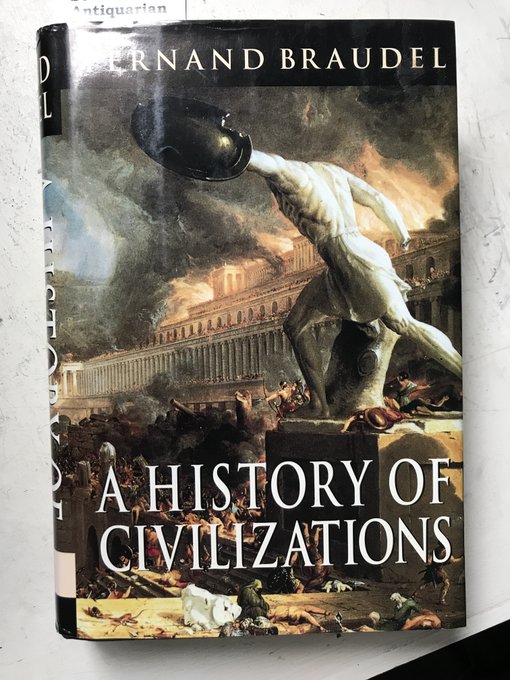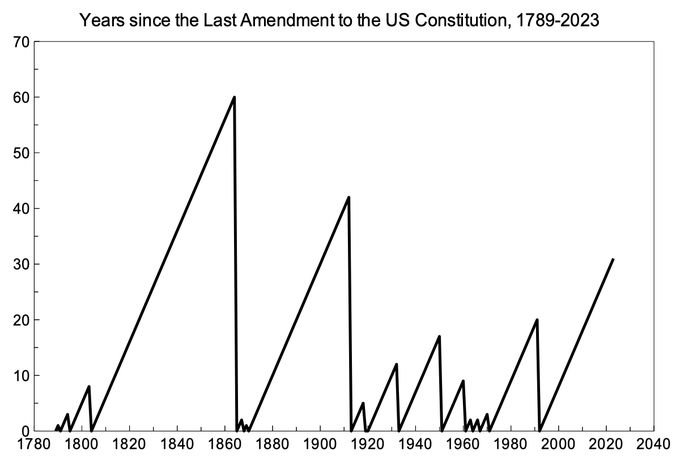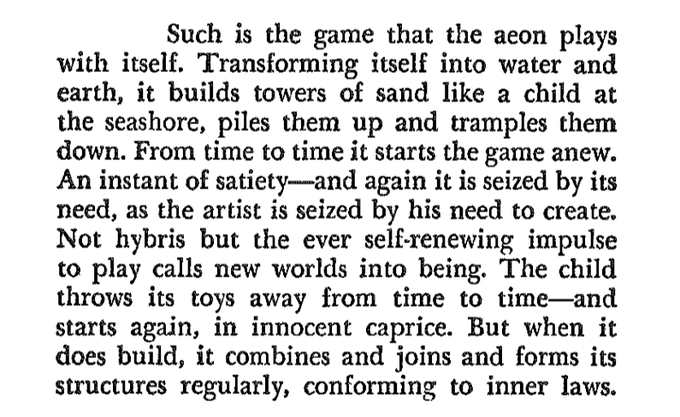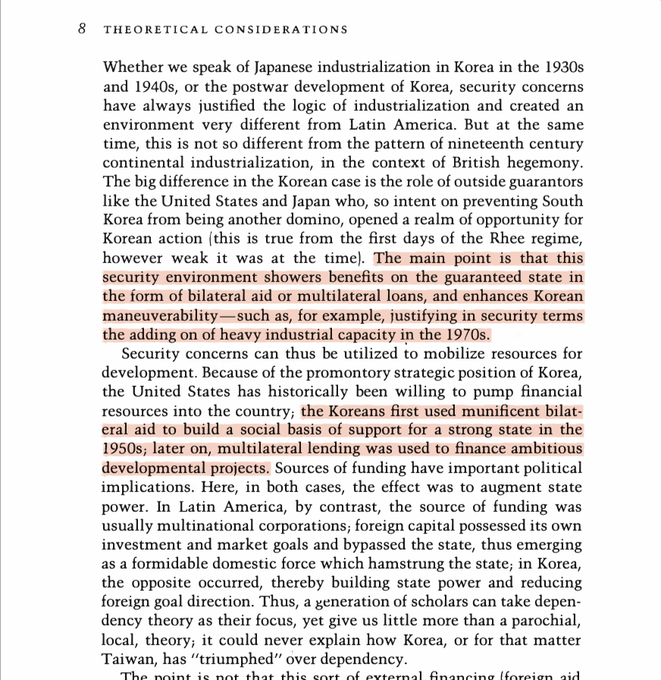
joseph francis
@joefrancis505
Followers
5,093
Following
1,813
Media
601
Statuses
5,994
Economic historian, writing on slavery and American capitalism for @Harvard_Press and on Argentina for @politybooks . Honorary Research Fellow @unibirmingham .
A hill in Wales
Joined November 2008
Don't wanna be here?
Send us removal request.
Explore trending content on Musk Viewer
貴方のサークル
• 240141 Tweets
#WinkwhiteXอิงล็อต
• 238430 Tweets
ガイナックス
• 108305 Tweets
#MyLoveMixUpTHep1
• 65520 Tweets
松岡茉優
• 51083 Tweets
ノーヒットノーラン
• 48994 Tweets
大ちゃん
• 45904 Tweets
#carp
• 33528 Tweets
ギターと孤独
• 31124 Tweets
雇用統計
• 28245 Tweets
Sinner
• 28133 Tweets
ドラコー
• 26048 Tweets
ジェイド
• 24960 Tweets
有岡くん
• 24615 Tweets
大瀬良投手
• 22954 Tweets
ポーランド
• 21530 Tweets
Cubarsí
• 19305 Tweets
モイネロ
• 16475 Tweets
Alcaraz
• 15197 Tweets
ホタルちゃん
• 12572 Tweets
アルジェンティ
• 11470 Tweets
Last Seen Profiles
Today I signed a contract with
@politybooks
for “The Poor Rich Nation: Why Argentina Fell Behind” 🥳. To celebrate, here’s a thread that summarizes the book’s argument as I currently see it. 1/
18
67
340
Like all things, these cycles have a history. Typically, they last about 25 years. I have speculated about why in a previous thread:
7/
1
2
162
There’s no consensus among economic historians that tariffs weren’t a significant driver of US industrialization.
A few examples of those who argue that they were during the antebellum period. 1/
7
23
116
@PauloMacro
@kittysquiddy
Tier1 Alpha highlighted this morning that there is virtually no hedging for left-tail risk going into tomorrow. The last time it was like this was before the crash in 2008.
2
10
83
@NewLeftEViews
Althusser’s description of how he “learned” philosophical texts is a classic.
5
14
79
Focusing on the agency of oppressed groups can lead us to misunderstand and/or underestimate the structures that oppress them.
4
10
76
@drmtgr
Yes, you’re correct. Buenos Aires was like Paris; the rest of the country was more like Latin America.
2
4
69
The mercantilists weren’t as crazy/stupid as commonly believed.
11
6
65
@Jackbmeyer
Every major religion except the biggest, which is also the main religion of the richest countries, where they eat lots of pork.
1
0
65
Here’s a brief explanation of why this table explains the importance of the Marshall Plan to Western Europe after WWII. 1/
Here's an "oooh!" moment...
h/t
@adam_tooze
for this one.
The Marshall Plan should have meant lots of imports into Europe buying the US goods to rebuild.
Problem is it doesn't who up in the net export figures. So, what did they do with the cash?
15
31
154
3
9
63
The Ngram data don’t support this assertion.
They suggest that Marx was an important political economist before the Russian Revolution. Then Lenin turned him into the Messiah.
That interpretation probably won’t please either side, but it is more accurate.
8
7
63
@sonjaavlijas
Argentina and Japan are the only interesting countries in development economics.
6
4
61
Looking forward to reading this: left-wing liberalism has a history. I hope it (a) addresses how the left became so instinctively protectionist, and (b) includes a discussion of Juan B. Justo, the Argentine socialist leader who was a keen advocate for free trade.
So delighted to share the publication of
@Pax_Economica
: Left-Wing Visions of a Free Trade World with
@PrincetonUPress
!
20
127
515
4
7
55
@INArteCarloDoss
What if Powell only talked to him that one time and he's been bluffing since?
2
0
55
To what extent did institutions matter to Argentina’s failure in the 20th century?
The roots of institutional weakness are found in the 19th century, when Argentina’s democratization was delayed due to the differential impact of globalization on the Interior and the Littoral. 1/
4
4
53
@simon_ree
It looks like there was systemic fear that something was going to happen in 2019, but then the pandemic put it on hold. Now it's going to happen.
3
1
51
@INArteCarloDoss
It's when bank reserves fall to $2 trillion. That's the minimum they think the system needs to function. That puts the S&P500 on course for about 2500, based on its current correlation with the monetary base, which is in line with your target, I think.
2
2
52
This is extraordinary if correct: in a few decades, the mid-20th century undid centuries of increasing wealth inequality.
1/4 The wealth share of the "one-percenters" in a range of Western countries, 1300-today (based on my book As Gods Among Men,
@PrincetonUPress
). Note the long-run tendency for wealth to become more concentrated in the hands of the few, except after the Black Death and in 1914-70
1
44
87
4
7
41
It’s obvious and to be expected that Marx only became a household name thanks to the Russian Revolution.
But it’s also accurate to say that he was at least a moderately well-known economist pre-1917. 1/
3
5
39
Michael Howell of
@crossbordercap
has long emphasised the importance of liquidity to financial markets. He wrote the book on it, so I would defer to that for the basic relationship.
2/
1
7
39






















